CCTV News: The 11th China International Elderly Care Services Expo closed in Beijing on May 23. At this expo, some new technologies and new products in the field of elderly care services were unveiled.
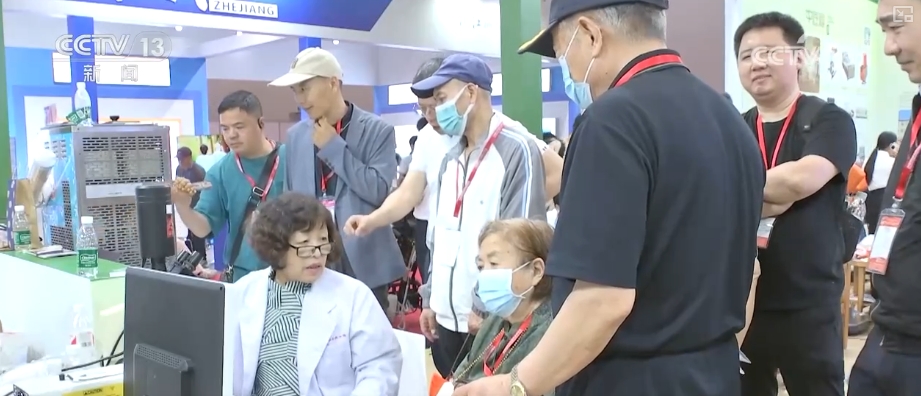
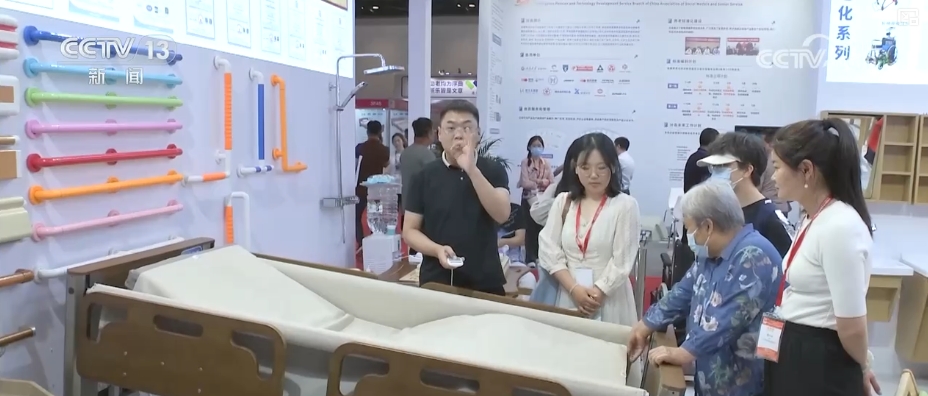

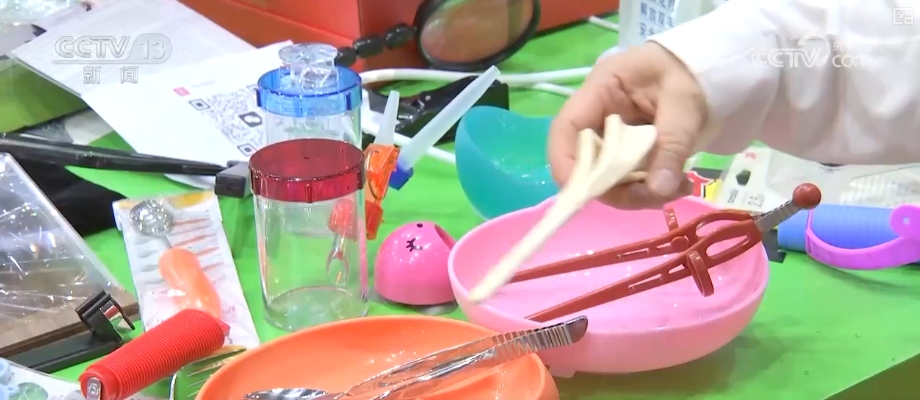
The 11th China International Elderly Care Services Expo has more than 220 government departments, social organizations and brand institutions from more than 10 countries and regions participated in the exhibition. The reporter saw at the scene that in addition to the commonly used traditional elderly care products such as wheelchairs and nursing beds, tableware, food, clothing, etc. for the elderly are also equipped with them.
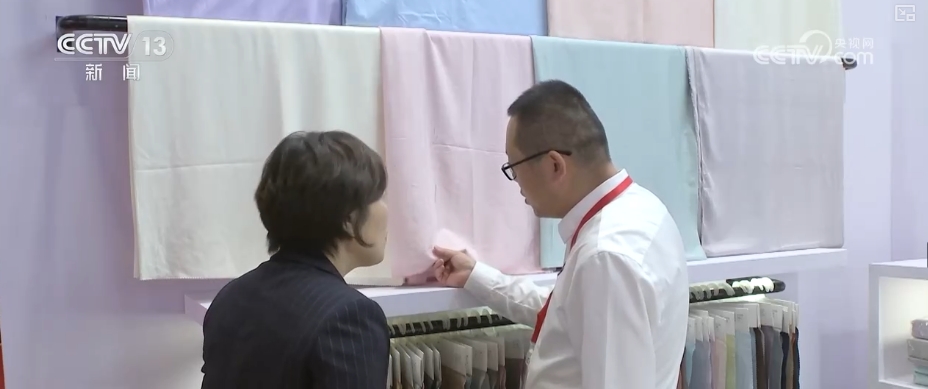
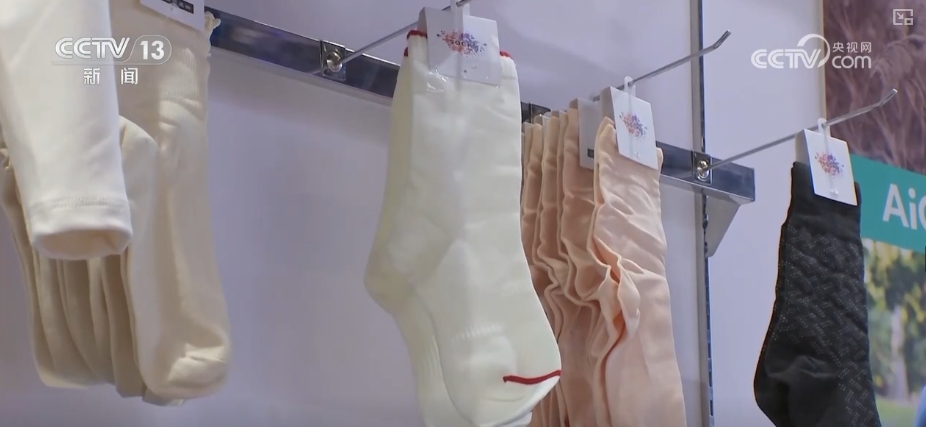
These fabrics are specially developed for the elderly and have functions such as sterilization and elimination of odors. Exhibitors said they hope to solve some of the needs of the elderly in the sub-sector through textiles and use it as a breakthrough for them in the textile industry.
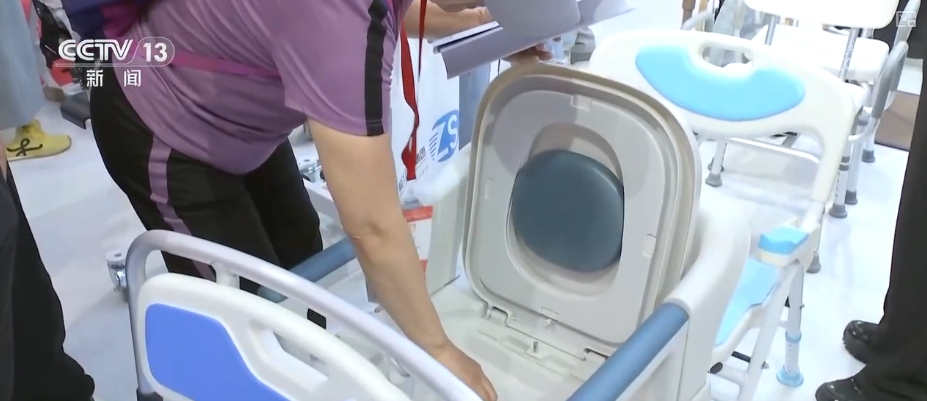
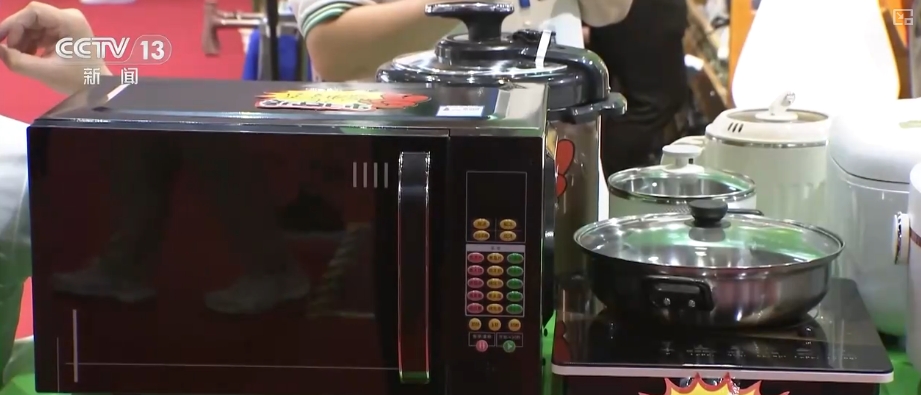
Not only the textile industry, the silver economy track has brought new growth points to many traditional industries. The exhibitor said that they brought more than 200 elderly products this time. These home appliances that have added voice and other functions are not only more suitable for aging, but can also enjoy a 30% old-for-new subsidy policy for aging-friendly transformation.
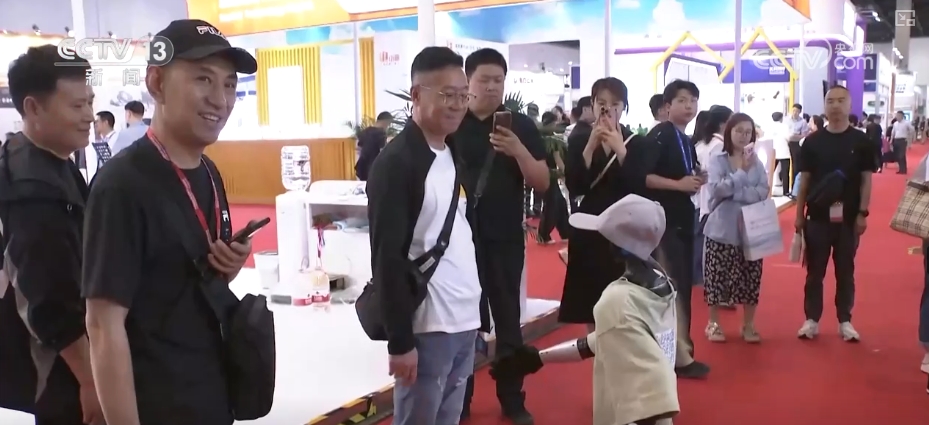
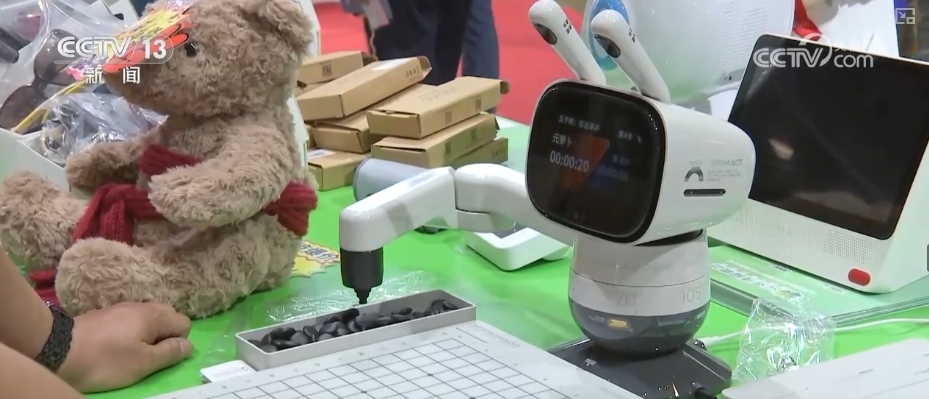

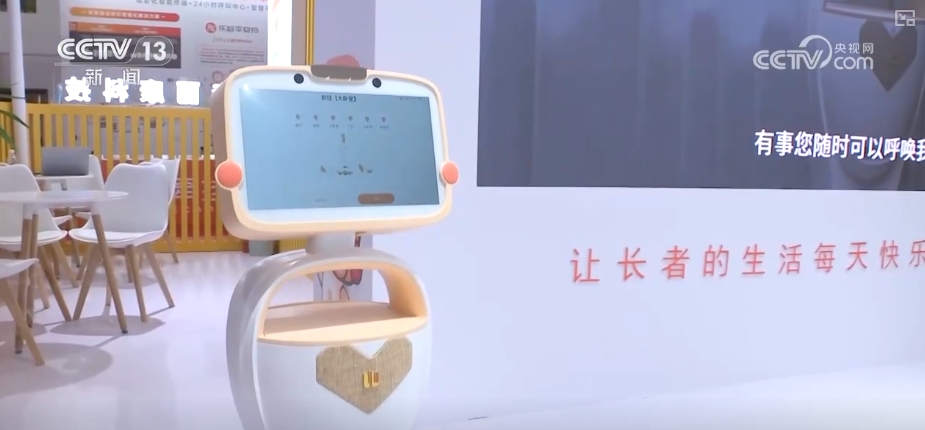
At the "Old Expo", the most popular elderly care robots are all kinds of elderly care robots, not only nursing robots, but also companion robots. For example, playing Go with the elderly, this robot named Xiaoli can not only replace the service functions of some housekeeping personnel, but also provide family companionship with the elderly. The first group standard for "Secondary Service Standards for Elderly Accompanying Services" was released
This year's "Old Expo" also released the "Secondary Service Standards for Elderly Accompanying Services", which is also the first group standard for elderly attending medical treatment in my country.
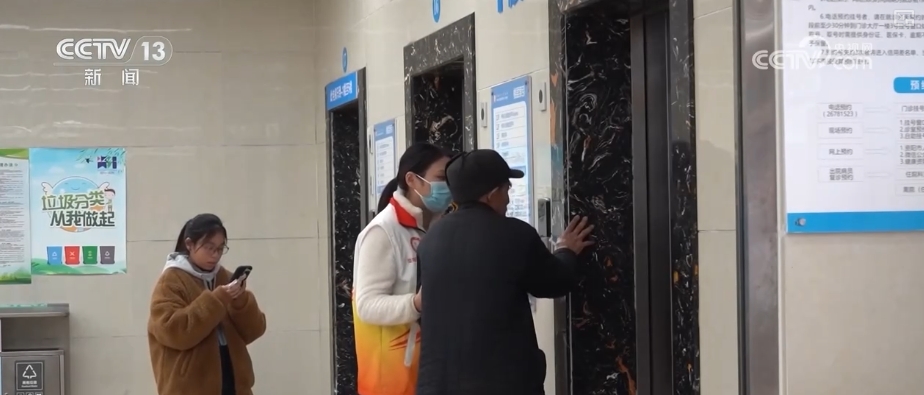
The "System for Accompanying and Treatment Services of Elderly" regulates the accompanying institutions, accompanying clinics, and accompanying clinic procedures. The accompanying physician is required to hold a health certificate, be able to communicate effectively with the elderly and their families, and be able to record key information such as doctor's diagnosis, treatment advice, and drug instructions during the treatment process of the elderly.
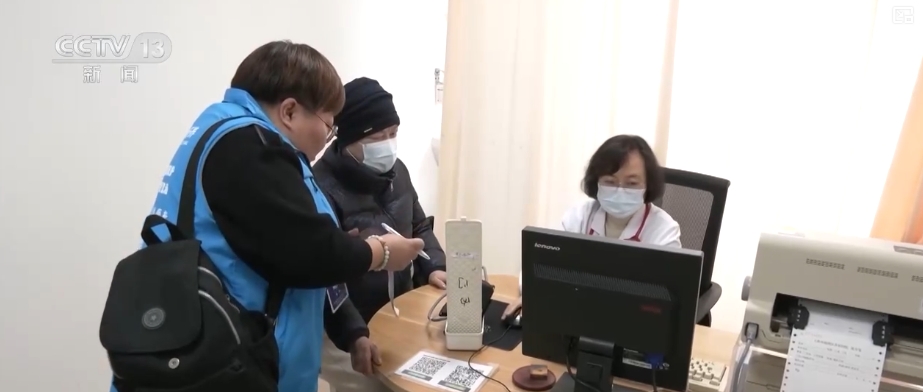
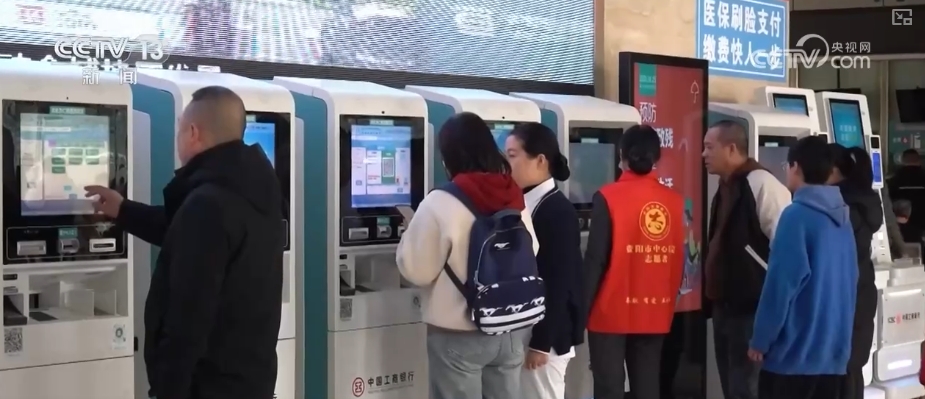
In addition, the "Standards for Accompanimental Treatment Services for Elderly" has made relatively clear regulations on key links in the entire process of accompanying treatment, such as pre-diagnosis preparation, during-diagnosis services and post-diagnosis follow-up visits.